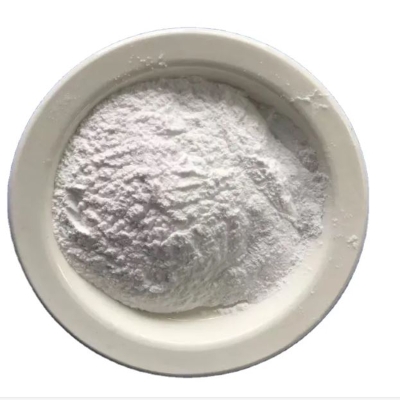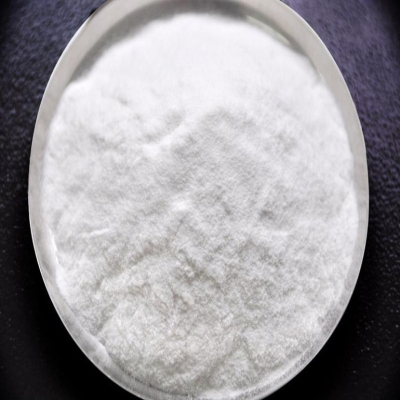-
Categories
-
Pharmaceutical Intermediates
-
Active Pharmaceutical Ingredients
-
Food Additives
- Industrial Coatings
- Agrochemicals
- Dyes and Pigments
- Surfactant
- Flavors and Fragrances
- Chemical Reagents
- Catalyst and Auxiliary
- Natural Products
- Inorganic Chemistry
-
Organic Chemistry
-
Biochemical Engineering
- Analytical Chemistry
- Cosmetic Ingredient
-
Pharmaceutical Intermediates
Promotion
ECHEMI Mall
Wholesale
Weekly Price
Exhibition
News
-
Trade Service
the original title: water-based coating wastewater hazards and treatment methods You know in industrial sewage treatment projects in the production and coating process of water-based coatings may produce wastewater, the production process of wastewater mainly source of equipment, containers and site cleaning wastewater;
Liyuan Environmental Protection
introduces water-based coating wastewater hazards and treatment methods If these water-based coating wastewater is not treated directly into the sewer, will cause a series of consequences: the solid pigments in it will increase the turbidity of water, hinder the transmission of sunlight in the water, and thus affect the photosynthesis of water plants Solid pigments enter the river and condense on fish gills, affecting the breathing of fish, and the biodegradation of surfactants and cellulose thickeners in wastewater increases oxygen consumption and reduces the concentration of oxygen in the water, which threatens the survival of fish and other aquatic organisms., water-based coating wastewater needs to be treated effectively. For the system with low resin content in wastewater, it can be treated and recycled by means of ultrafiltration, nanofiltration and reverse osmosis.electrophoretic coating process using ultrafiltration purification wastewater and reuse, but only this part of the recycled water is not able to clean the coating film, but also need to use pure water multiple cleaning, the amount of waste water produced, paint content is small, at this time need to use ultrafiltration / nanofiltration and reverse osmosis combination of this part of the wastewater recycling.when the content of organic matter in water increases, the separation film is easily polluted leading to a rapid decline in separation membrane flux, the need to replace the separation film in time to lead to increased costs, at this time need to use other methods or a combination of these methods to further treat wastewater. For wastewater with high organic content, advanced oxidation treatment is generally carried out before biochemical treatment is carried out.in short, we must have a more objective understanding of water-based coatings, improve the length and short, technological innovation, stabilize and improve the quality of water-based coatings, expanding their application areas, but also pay attention to the water-based coatings in the production and coating process of wastewater disposal, choose the right process and methods, and further reduce the impact on the environment.
. Responsibility Editor:
.







